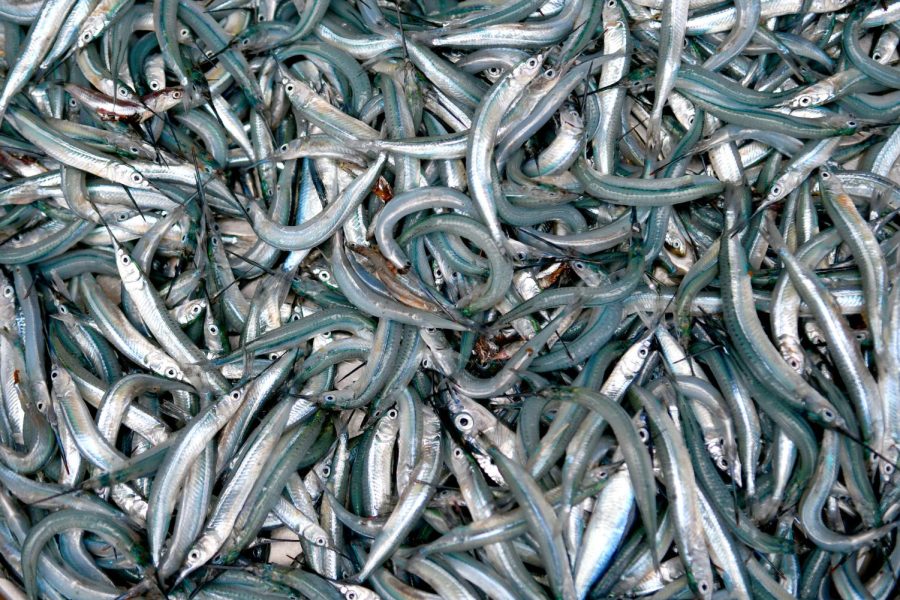Perspectives: The Sea is a Goddess
April 25, 2017
“As long as there has been Ghana, there has been fishing.”
That is what the president of Ministry of Fisheries and Aquaculture Development in Ghana told me in an interview during the two-week trip my classmates and I took with the International Storytelling class last month.
Fishing is an important aspect of the culture and economy of Ghana. The people get 60 percent of their protein from fishing in the sea, lakes and rivers. Ten percent of the nation’s population is directly or indirectly involved in the industry — around 2.5 million people.
Ghana just recently celebrated its 60th year of independence from Great Britain, so it is still a very young nation.
People have been living in this part of West Africa for thousands of years using fishing techniques and tools that have not changed much except for steel products, outboard motors and nylon netting.
From this long tradition of fishing comes their belief that the sea is a goddess, and she must be respected.
No Ghanaian fishes in the ocean, touches the ocean or — for some — look at the ocean on Tuesdays.
They believe the ocean must rest and give birth to new fish for them to catch, since she is their provider.
Climate change, international competition and overfishing have recently hurt the fish stocks along not just Ghana’s, but West Africa’s coast.
The fish so many rely on for livelihood and survival are disappearing, but Ghana’s people are working hard to preserve the ocean for future generations so that fishing will be a part of it for as long as the people exist.
Contact Aaron Self at [email protected].

























